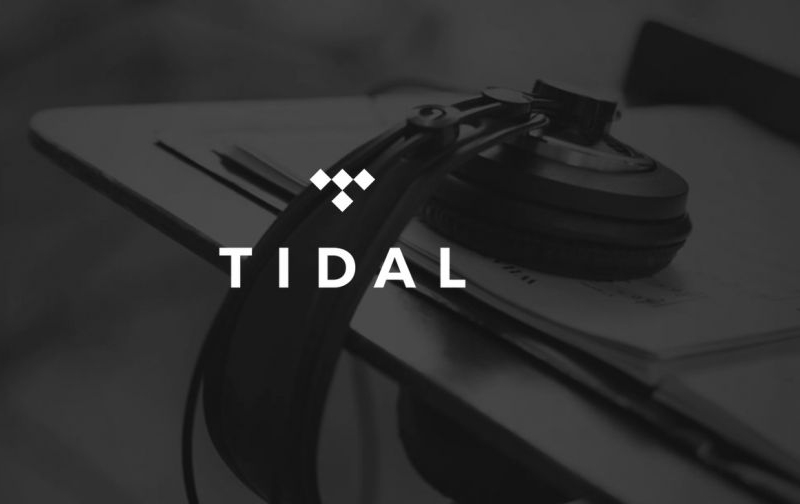
A new streaming music service is headed to the US in the coming months and it could be a game-changer. Unlike the countless streaming services already on the market that offer up compressed MP3, AAC or OGG files, TIDAL will stream tracks in lossless quality (FLAC/ALAC 44.1kHz / 16 bit - 1411 kbps) from its catalog of more than 25 million tracks.
The service, an extension of Scandinavian music streamer WiMP HiFi, says they’ll stream tunes to customers at more than twice the bit rate of competitive services. What’s more, subscribers will have access to more than 75,000 high definition music videos, all ad-free.
In a press release on the matter, the company said their editors will hand pick the music presented in the service, personally selecting and showcasing the best new albums and tracks across all genres.
TIDAL will be available in the US and the UK for a monthly rate of $19.99 / £19.99 starting later this fall for Android, iOS, PC and Mac. That’s twice the amount that you’d pay for a membership to a competing service like Rhapsody or Spotify but if you’re an audiophile or simply someone that appreciates a higher quality product, the extra 10 bucks might be worth it.
Aside from price, the only potential concern I could see with TIDAL’s offering would be the additional bandwidth needed to stream higher quality tunes. I’ve reached out to the company for more information on the matter and will report back as soon as I hear something back.